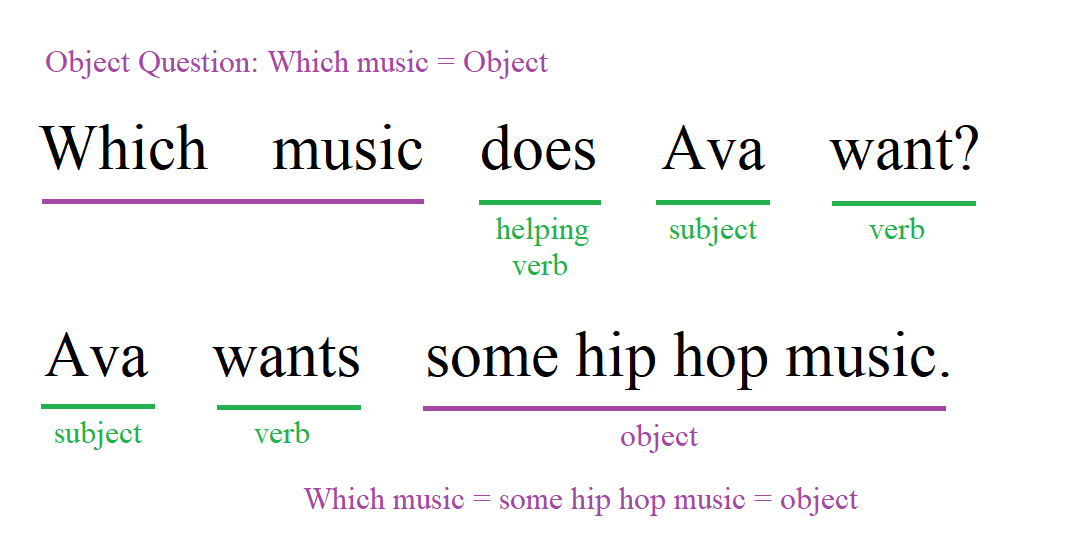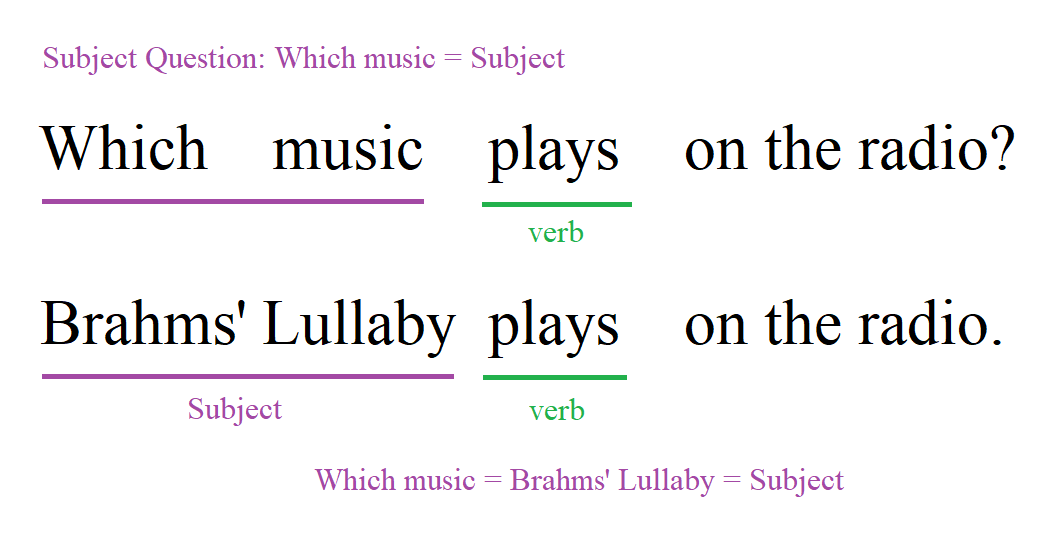Which Questions
- "Which" questions ask about preferences or choices
- The structure is: Which + do/does + subject + verb?
- Examples of such questions include "Which do you prefer, coffee or tea?" and "Which books do you like?"
- You can make a simple subject question. The structure is: Which + is/are + complement. Example: Which is your favorite?
The topic of this post "Which" questions in the simple present tense. We use "Which" question word to ask about one or more items from a specific set of items or choices.
"Which" Questions
When we want to ask a question about a choice or a preference, we start the question with the word "Which".
Structure: "Which" + do/does + subject + verb?
Often, we add the choices at the end. Example: Which do you like, dogs or cats?

Examples:
-
Which do you prefer, coffee or tea?
Question word ("Which") + helping verb ("do") + subject ("you") + verb ("prefer")? There are 2 choices, "coffee" or "tea".
Often, we put a noun after "Which" to make the question more specific.
Examples:
-
Which food do you like? - I like rice and noodle.
You are asking about food.
-
Which book do you like? - I like Moby Dick.
You are asking about books.
-
Which car do you like? - I like the red car.
You are asking about cars.
"Which" Subject Questions
You can make a subject question using "Which is ..." or "Which are ..."
Structure: "Which" + is/are + complement ?

Examples:
-
Which is your favorite, coffee or tea?
-
Tea is my favorite.
-
Which dog is Tom's dog?
-
This brown dog is his dog.
Practica este tema con el Tutor de inglés AI
AI English Tutor te enseñará la gramática y la practicará contigo en formato de conversación. Además, más de 100 preguntas de práctica sobre este tema para consolidar su comprensión.
Prueba ALULA gratis en tu teléfono o tableta








¿Tienes alguna pregunta sobre esta lección? Pregunta en la sección de comentarios, abajo.